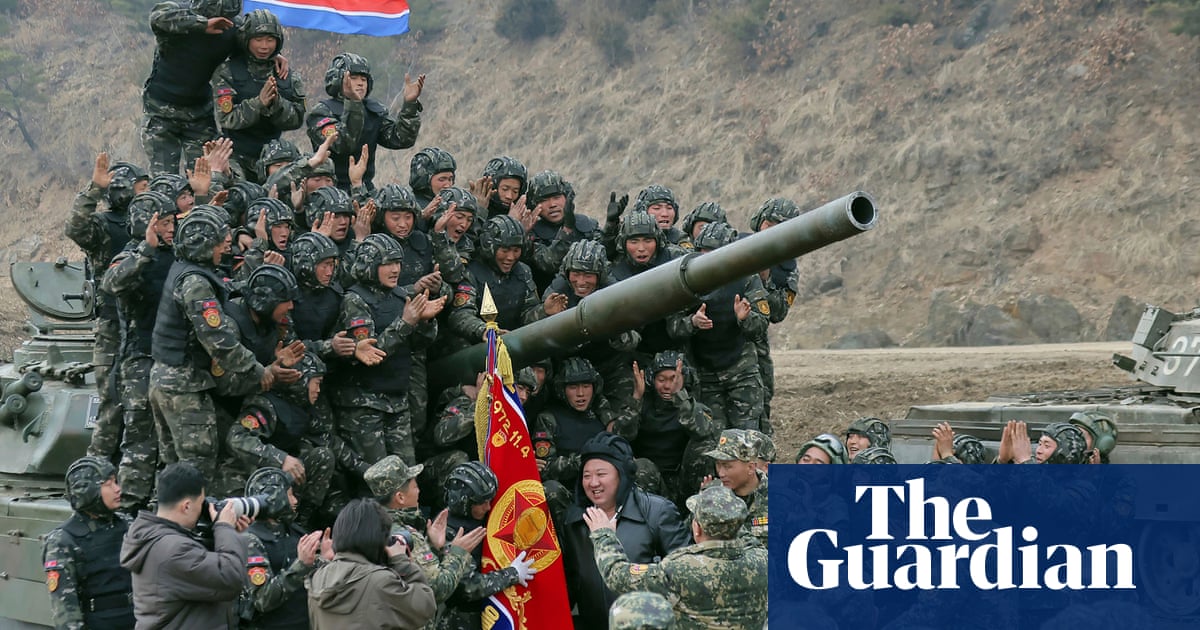



In a significant development in the ongoing conflict, Ukraine has captured two North Korean soldiers during intense fighting in the Kursk region. President Volodymyr Zelenskyy emphasized that this capture sheds light on North Korea's involvement in Russia's invasion of Ukraine, suggesting a deeper military alliance between the two nations [cd838f2b]. The captured soldiers were provided with medical treatment in Kyiv, and Zelenskyy noted that North Korea has supplied Russia with military aid, including an estimated 10,000 troops [cd838f2b].
Zelenskyy also revealed that nearly 3,000 North Korean soldiers have been killed or wounded in the conflict, while South Korean estimates suggest around 1,000 casualties [cd838f2b]. The Ukrainian government is considering the possibility of exchanging the captured soldiers for Ukrainian prisoners of war (POWs) [cd838f2b]. The Security Service of Ukraine (SBU) is currently interrogating the soldiers, who were found to have fake Russian identities. Interestingly, one soldier expressed a desire to return to North Korea, while the other indicated a preference to remain in Ukraine [cd838f2b].
This incident follows reports of Ukraine's military operations against North Korean troops in the Kursk region, where approximately 200 enemy soldiers were killed during engagements on December 14, 2024 [7a5baac0]. The presence of North Korean forces, estimated at about 11,000, complicates the battlefield dynamics as both sides adapt to the evolving conflict [7a5baac0]. Meanwhile, Russian forces are reportedly advancing in the Kurakhove region, with plans to increase troop numbers to approximately 690,000 [3db13185]. As the situation unfolds, Germany's Chancellor Olaf Scholz has reiterated that Ukraine's sovereignty must not be compromised in any peace talks [cd838f2b]. This evolving narrative highlights the intricate web of international alliances and the ongoing complexities of the Russo-Ukrainian War [df6be956].